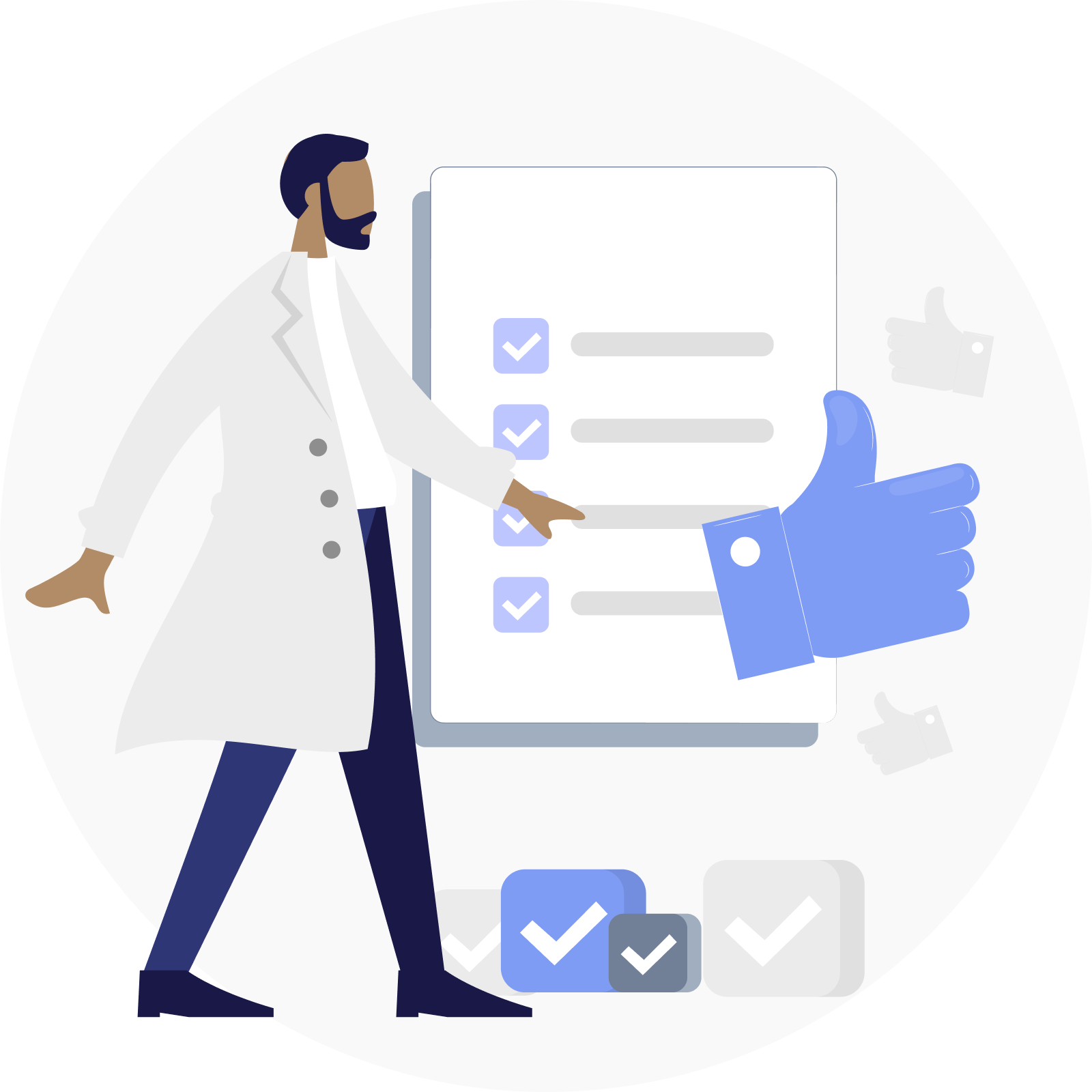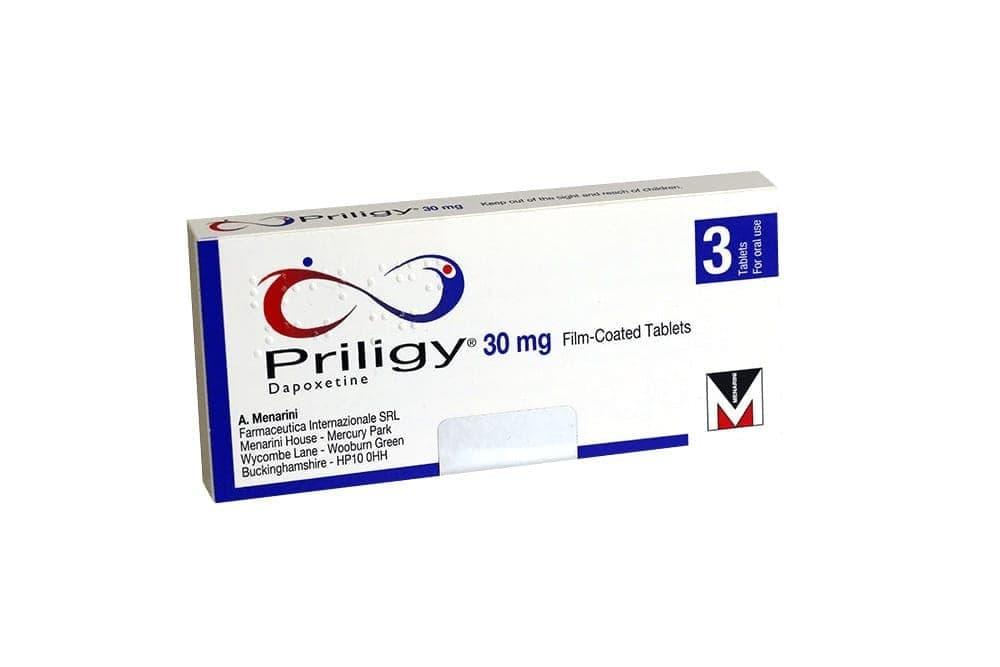

About Premature Ejaculation
Causes
Diagnosis
Treatments
Prevention
Further info
FAQs
Is premature ejaculation a common issue?
Can lifestyle changes help with premature ejaculation?
How long is considered "premature" ejaculation?
Are there any side effects associated with medications for premature ejaculation?
We are here to help 👋
For assistance, please contact our customer service at info@rightangled.com. We are available Monday to Friday from 8 am to 5 pm. For urgent issues, please do not use this email. Instead, call 111, or dial 999 in case of an emergency.

